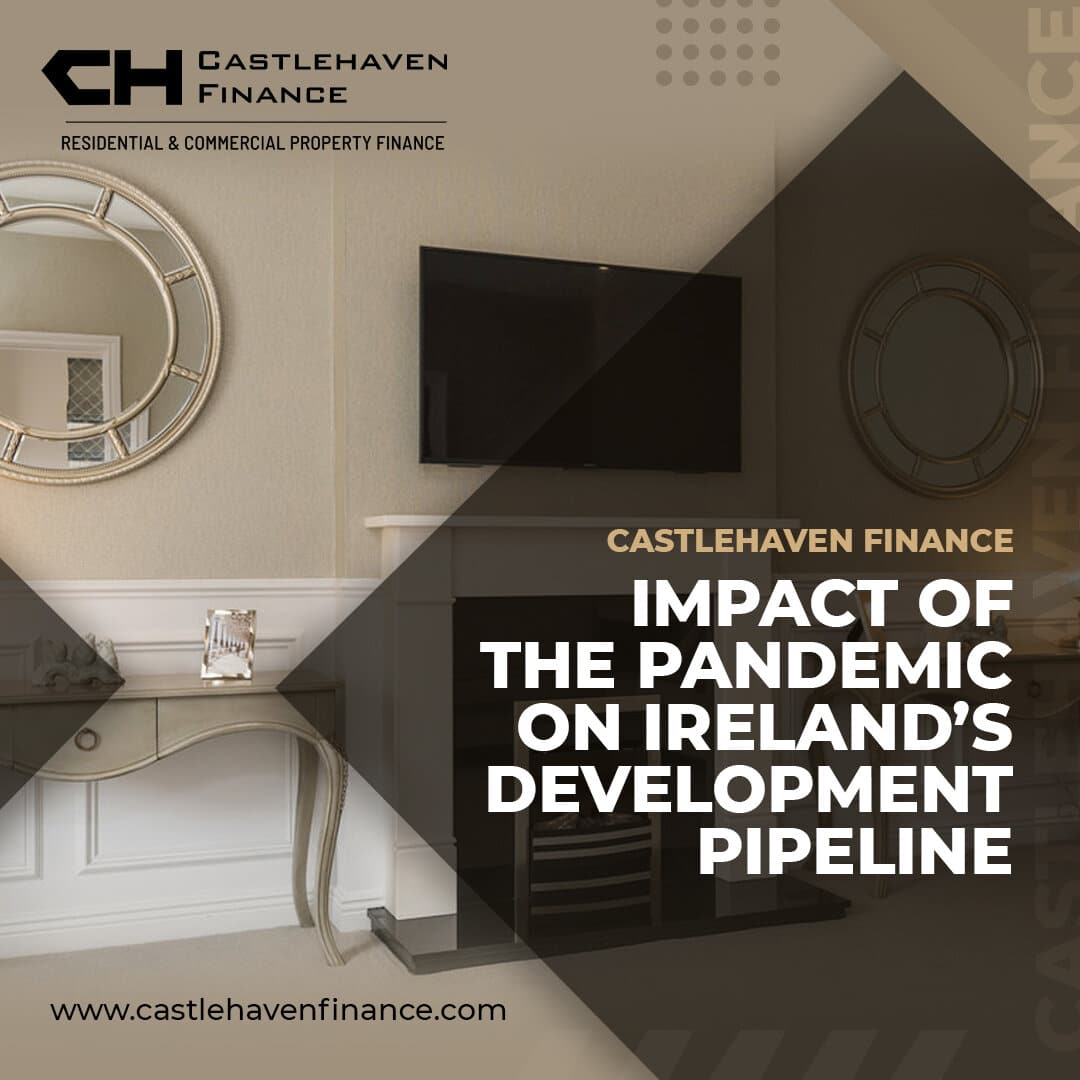Impact of the Pandemic on Ireland’s Development Pipeline
Over the past week, the Real Estate Advisory team at Deloitte has published it’s quarterly Real Estate Planning & Development Statistics, Q1 Industry Review, which shows the number of residential units submitted for planning in the first three months of the year is down 29 percent year-on-year. The Deloitte report can be accessed in full here: https://www2.deloitte.com/ie/en/pages/finance/articles/real-estate-planning-dev-q1-21.html
The report preamble describes how the pandemic and resulting restrictions over the previous 12 months have been a catalyst for several disruptive trends across the real estate sector. While some of these trends are expected to be short-term, for others the effects will likely be of a more long-term nature. Although the number of residential planning applications submitted during the first three months of this year is only down by one when compared with the first three months of 2020, according to this report, the number of individual units for which planning was sought is down 29 percent.
Speaking to RTE upon release of this latest research, John Doddy of Deloitte Real Estate Advisory surmised that “the reduction in the number of units submitted is most likely a direct implication of the restrictions imposed over the first quarter of 2021. This trend is amplified further down the development timeline, with granted schemes down 26 percent and commencement notices lodged down 44 percent”. He went on to suggest that the slowdown in planning permissions granted will “inevitably” have an impact on Ireland’s housing supply “at some point in the next few years, compounding the impact from the construction shutdown caused by COVID-19”. While this is not entirely surprising, it is definitely a cause for concern given the chronic shortage of new homes being delivered to the market – for public or private use – right now.
In total, 70 residential schemes were granted planning permission in Q1 of this year. Of these, half are proposed in Dublin, with 27 percent proposed for the rest of Leinster and the remaining 23 percent spread across the country. Only 32 residential schemes had commencement notices lodged in the first quarter of the year. Significantly, only 12 percent of these were in Dublin (by way of year-on year comparison, in Q1 of 2020, 42 percent of all commencement notices lodged were for the capital). The rest of Leinster accounted for half of all commencement notices, with the remaining 38 percent spread across the country. Another interesting figure from the Deloitte report shows a substantial shift to housing over apartment development when looking at the mix of unit types subject to commencement in the early part of this year (206 apartments/1,492 houses).
It is clear that the number of homes being delivered has been significantly impacted by the pandemic and resultant restrictions. “At a minimum, there will be a delay in delivery of existing stock as site works have been curtailed and indeed, ceased entirely for a period of time. It is also likely that many of the schemes that have been granted permission across Q1 2021 may delay development commencement until a level of economic certainty returns, and the risk of further lockdowns is reduced”, according to Deloitte. It is also clear that the previously strong requirement for housing has not waned to any significant degree due to the current Covid-19 crisis, with significant pent-up demand for both rental and sales accommodation. As ever, affordability remains an underlying issue.
With offices in Dublin and Cork, Castlehaven Finance has provided development finance for both private and social housing to developers, builders and project owners across Ireland in excess of €1.7 billion (200+ loans) since 2014. Speak to the Castlehaven Finance team about your next commercial or residential development project https://www.castlehavenfinance.com/contact
